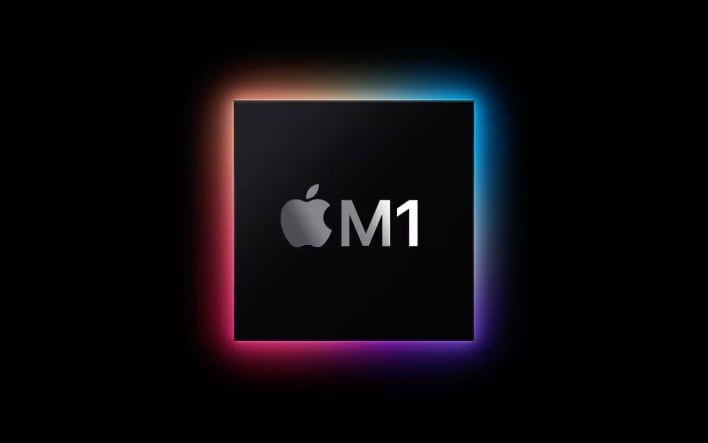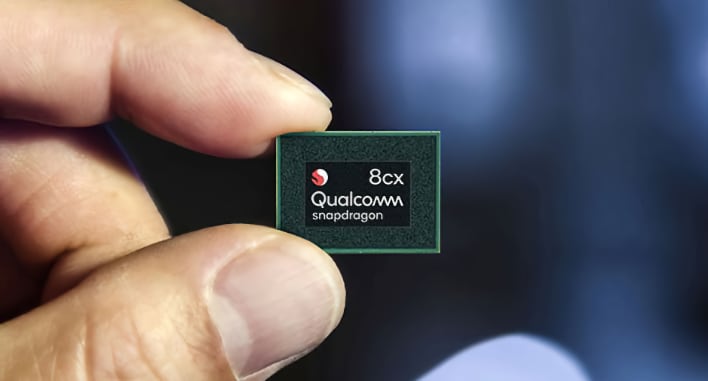Adobe Lightroom CC Adds Native Support For Apple M1 And Windows 10 On Arm Devices

In November, Adobe released a beta version of Photoshop with native support for Arm64 code for Apple M1 Macs and Windows 10 on Arm devices. Today, Adobe is upping the stakes with Arm64 native versions of Lightroom for systems running Apple M1 (macOS Big Sur) and Qualcomm Snapdragon 8cx (Windows 10 on Arm) platforms.

The Lightroom CC app has been completely rebuilt (version 4.1) to take full advantage of Arm64 architecture and will deliver the absolute best performance on the respective macOS and Windows platforms. "As we’re getting started on desktop Arm / Apple M1, we’ll continue to optimize for Arm and M1 in subsequent releases," writes Adobe's Sharad Mangalick.
If you're still attached to the classic versions of Lightroom (and Photoshop), you'll be happy to know that both will continue to work using the Rosetta 2 emulation on Apple M1 Macs. And as Apple completes its full transition from Intel x86-64 to its own custom Arm64 chips, Adobe will be revamping its full Creative Suite to run natively on Apple M1 SoCs (and its successors). As for those running Windows, Adobe says that it will continue to invest in both Intel-compatible and Arm-based systems going forward.

You can download the new Adobe Lightroom 4.1 for macOS Big Sur here, while the version compatible with Windows 10 on Arm can be obtained here.
Apple is expected to quickly ramp up its lineup of “Apple Silicon” following the initial release of the M1 SoC. Early reviews have pointed to promising performance and enviable battery life with the M1, but Apple has even more powerful chips on deck. As we reported yesterday, Apple reportedly plans to introduce SoCs with as many as 32 performance cores for next-generation versions of the iMac Pro and Mac Pro. Likewise, the 7- and 8-core GPUs found in the M1 will be beefed up with 64-core and 128-core versions in high-end configurations of the Mac Pro. Apple expects to complete its full transition from Intel to its custom SoCs over a span of two years.

